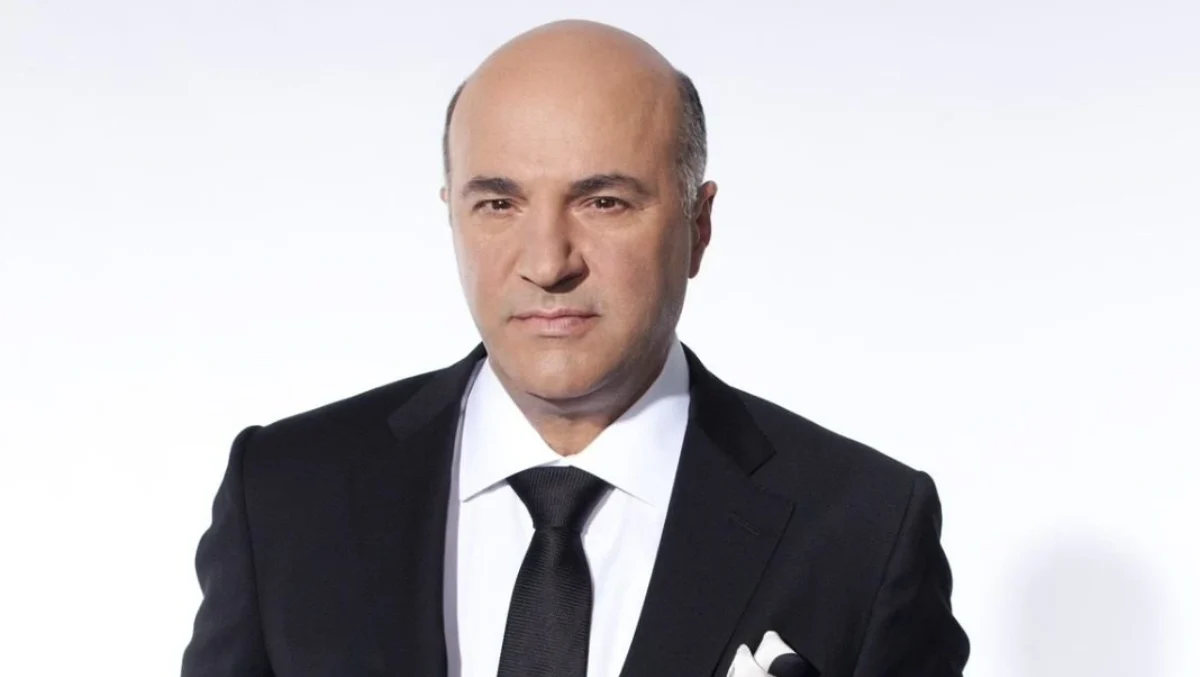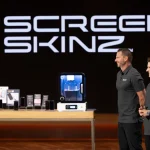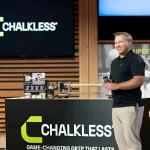
Kevin O’Leary is known for a lot of things, but gentle and soft-spoken is not one of them. Our beloved Mr. Wonderful is often cheered on for saying blunt, brutally honest and not so wonderful things. He keeps it simple with what he has to say this time.
Kevin says customers don’t care about your backstory or clever branding. They aren’t buying into your brand’s mission statement, sleek logo, or office dog’s Instagram account.
They only care about three things, i.e, the product, the price, and whether it’s available when they want it. Everything else is just background noise.
The Customer Comes First
Kevin O’Leary advises business leaders to stick to the fundamentals of running a company. These include strong products, fair pricing, and reliable availability. He warns that shifting attention toward political or social agendas can undermine their role and hurt the business.
O’Leary cautioned that CEOs invite problems when they move away from core business priorities. He argued that once leaders start weighing in on politics or social issues, they step outside their role. Ironically, this advice comes from a man known for sharp commentary, but it underscores his point about keeping business priorities simple.
His advice is to keep decisions centered on the customer by asking one simple question each day: Does this choice make things better for them? If not, he says, it doesn’t belong on the agenda.
O’Leary also pushed back on the idea that corporate leaders should take on a teaching role. He commented on the same, saying, “You’re not an educator. You’re a retailer. You sell stuff. Every CEO should understand that every day they go into work could be their last day. Don’t do stupid stuff. It’s that simple.”
Now this sounds great on paper, but the fatal flaw is the fact that business and politics have gone hand-in-hand since the days of yore, and Kevin advises turning a blind eye to that. Spoken like a true business mogul indeed.
What is The Cracker Barrel Controversy?
Cracker Barrel tried to freshen up its look with a redesigned logo and updated store layouts, but the move didn’t go as planned. The changes sparked heavy backlash, wiped about $100 million off its market value, and pushed the company to bring back the old logo.
The reaction showed just how much customers, including younger ones, value the brand’s nostalgic feel. Even so, Cracker Barrel says it will keep moving ahead with store updates, a gamble that could stir up more criticism.
O’Leary on How Negative Publicity Can Work in a Company’s Favor
O’Leary shared his thoughts on the Cracker Barrel (NASDAQ: CBRL) logo rebrand that stirred up heavy criticism online recently. He didn’t see the whole ordeal as a failure. Instead, he called it an example of how negative publicity can actually give a brand an edge.
He elaborated on the matter, saying, “Cracker Barrel rebranded and caught fire online, and suddenly, everyone’s talking about them. Sometimes, bad news is good news. A screw-up can create more buzz than a billion-dollar ad spend. In branding, attention is currency.”
O’Leary pointed out that plenty of brands have bounced back from marketing blunders over the years. “Sometimes it’s just stupid management. There are always idiot managers, and the system cleans them out after they make their mistakes.”
What caught O’Leary’s eye about the Cracker Barrel situation was the sheer volume of attention it created. He remarked that in over a century of business, the company had never managed to spark this level of publicity.
For him, the buzz itself was more powerful than the backlash, putting the brand in front of more people than any traditional campaign could have.
Mr. Wonderful further remarked, “If they made a mistake, and they end up getting more press than they have in decades, maybe it’s not such a bad thing. Good for them.” It is quite evident that Kevin comes from the school of thought that any PR is good PR.
Takeaways From O’Leary’s No-Nonsense Approach
Kevin O’Leary’s takeaways might feel blunt, even cynical, but they force businesses to confront an uncomfortable reality: the modern capitalist market rewards results, not intentions.
In his world, outrage, backlash, or applause all end up serving as the means to the end of keeping a brand in the spotlight. It’s a harsh lens, but one that explains why he’s stayed relevant in both boardrooms and primetime TV.




















